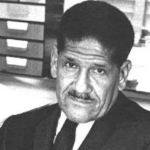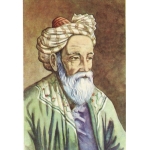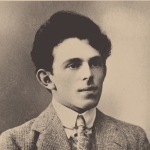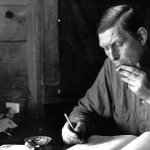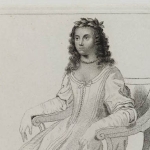Say what you like about Charaxos,
that’s a fellow with a fat-bellied ship
always in some port or other.
What does Zeus care, or the rest of his gang?
Now you’d like me on my knees,
crying out to Hera, “Blah, blah, blah,
bring him home safe and free of warts,”
or blubbering, “Wah, wah, wah, thank you,
thank you, for curing my liver condition.”
Good grief, gods do what they like.
They call down hurricanes with a whisper
or send off a tsunami the way you would a love letter.
If they have a whim, they make some henchmen
fix it up, like those idiots in the Iliad.
A puff of smoke, a little fog, away goes the hero,
it’s happily ever after. As for Larichos,
that lay-a-bed lives for the pillow. If for once
he’d get off his ass, he might make something of himself.
Then from that reeking sewer of my life
Translated from the Greek
20-01-2024 08:46:44
The speaker seems to have a somewhat cynical view of the gods, stating that they do as they please, causing natural disasters or intervening in human affairs.
The speaker also mentions Larichos, who is described as a lazy individual who needs to make something of himself. Overall, the poem presents a frank and sarcastic narrative voice, offering a unique perspective on the characters mentioned.



